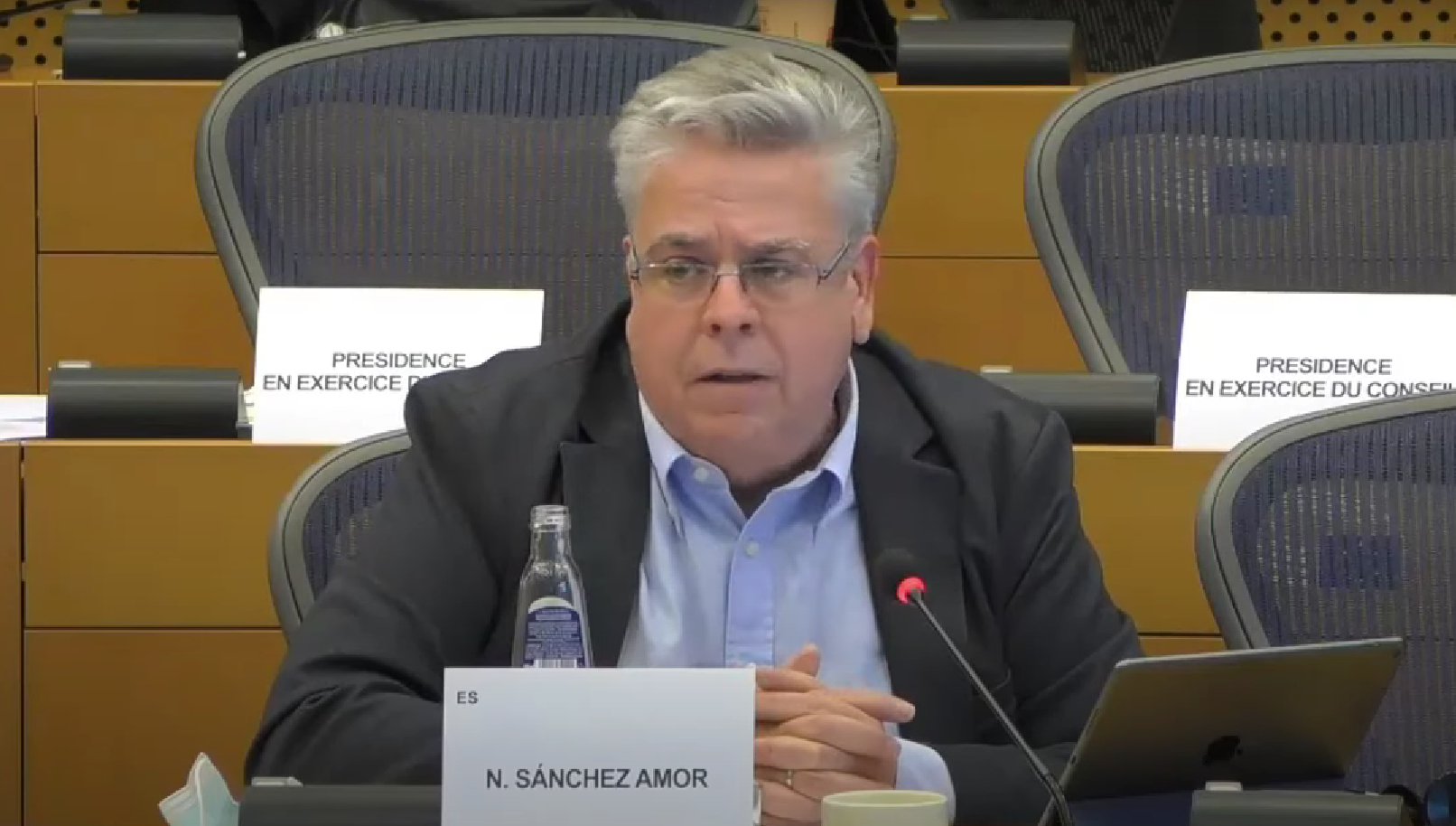Turkey is using broad accusations of terrorism to silence critics, said Nacho Sánchez Amor, an MEP from the Progressive Alliance of Socialists and Democrats (S&D) and the European Parliament’s Turkey rapporteur, at the 79th meeting of the EU-Turkey Joint Parliamentary Committee on Thursday.
Amor said the label of terrorist is becoming a universal accusation in Turkey, asserting that doctors, students and opposition politicians are targeted with terror accusations due to their criticism of the Turkish government, or for simply doing their job in the case of lawyers and journalists.
“Do you realize how you are perceived from outside with this enormous spread of the accusation of terrorism?” Sanchez asked the Turkish delegation during the session.
Referring to a coup attempt in 2016, which is used by Turkish President Recep Tayyip Erdoğan and his ruling Justice and Development Party (AKP) as a pretext to curtail freedoms, the rapporteur reminded that Turkey’s crackdown started well before the coup, pointing to the seizure of critical media outlets belonging to Koza İpek Holding.
Once owned by Akın İpek and his family, Koza İpek Holding was seized by the Turkish government in 2015 due to its alleged links to the Gülen movement, which is labeled by Erdoğan and his ruling AKP as a terrorist organization.
İpek, a Turkish businessman and the founder of Koza İpek Holding who has been living in the UK since 2015, faces jail time in Turkey over alleged Gülen links.
Erdoğan has been targeting followers of the Gülen movement, inspired by Turkish Muslim cleric Fethullah Gülen, since the corruption investigations of December 17-25, 2013, which implicated then-prime minister Erdoğan, his family members and his inner circle.
Dismissing the investigations as a Gülenist coup and conspiracy against his government, Erdoğan designated the movement as a terrorist organization and began to target its members. He intensified the crackdown on the movement following the abortive putsch that he accused Gülen of masterminding. Gülen and the movement strongly deny involvement in the coup attempt or any terrorist activity.
“When did the Gülen movement start to be terrorists?” Amor asked, citing the detention of thousands of people immediately after the coup attempt in July 2016.
The MEP said Gülen movement members who were involved in the coup should be held to account for their crimes; however, accusing a teacher “who worked in Indonesia for the past 20 years” of involvement in the coup attempt went against the principle of individual responsibility in criminal accusations.
Amor also pointed to the thousands of people who are under investigation over alleged insults of President Erdoğan.
Insulting the president is a crime in Turkey, according to the controversial Article 299 of the Turkish Penal Code (TCK). Whoever insults the president can face up to four years in prison, a sentence that can be increased if the crime was committed through the mass media.
The insult cases generally stem from social media posts shared by Erdoğan opponents. The Turkish police and judiciary perceive even the most minor criticism of the president or his government as an insult.
“What you call a crime, insulting the president, is a national sport in our countries,” Amor said.
The Turkish government’s vague definition of “terrorism” resulted in hundreds of thousands of terrorism investigations into as many people, primarily members of the Gülen movement.
Since the attempted coup, Erdoğan has been accusing a growing number of opponents and groups opposing his decisions of being “terrorists,” a move seen by critics as an attempt to reinforce his authoritarian governance.
